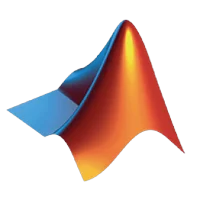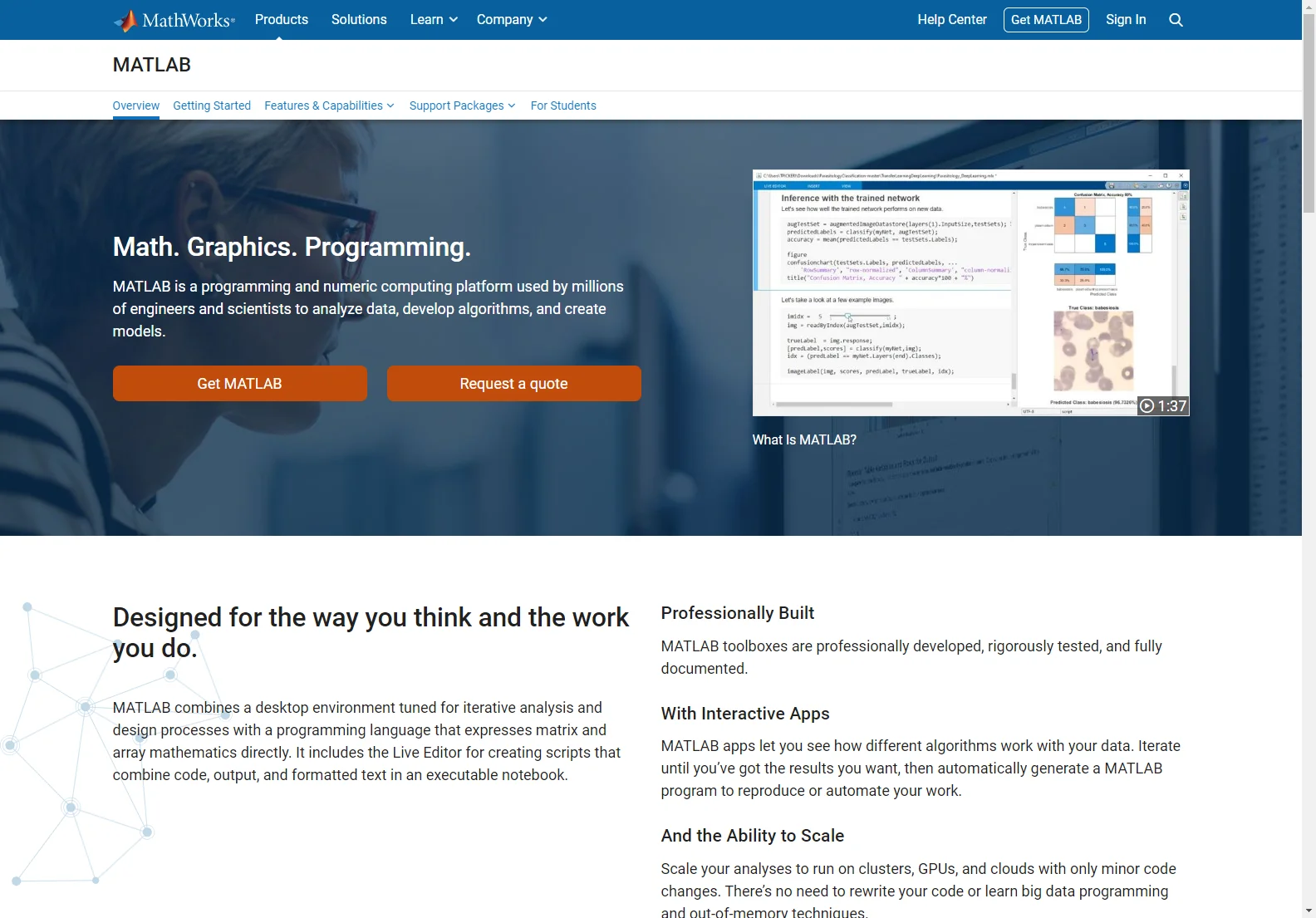MATLAB: A Powerful Platform for Data Analysis, Algorithm Development, and Modeling
MATLAB is a widely used programming and numeric computing platform favored by engineers and scientists for its capabilities in data analysis, algorithm development, and model creation. This versatile tool offers a comprehensive suite of features, making it suitable for a broad range of applications.
Key Features and Capabilities
MATLAB's strength lies in its ability to handle matrix and array mathematics directly. This allows for efficient and concise code, particularly when dealing with large datasets. Key features include:
- Live Editor: Create interactive scripts combining code, output, and formatted text in an executable notebook.
- Toolboxes: Access professionally developed, rigorously tested, and fully documented toolboxes for specialized tasks.
- Interactive Apps: Explore algorithms and data interactively, generating MATLAB programs to automate workflows.
- Scalability: Easily scale analyses to clusters, GPUs, and clouds with minimal code changes.
- Data Analysis: Powerful tools for exploring, modeling, and analyzing data.
- Graphics: Comprehensive visualization and exploration capabilities.
- Programming: Create scripts, functions, and classes for custom solutions.
- App Building: Develop desktop and web applications.
- External Language Interfaces: Integrate with Python, C/C++, Fortran, Java, and other languages.
- Hardware Connectivity: Connect to various hardware devices.
- Parallel Computing: Perform large-scale computations and parallelize simulations.
- Cloud Deployment: Run in cloud environments (MathWorks Cloud, AWS, Azure).
- Embedded Systems Integration: Convert algorithms to C/C++, HDL, and CUDA code for embedded systems.
- Model-Based Design: Works with Simulink for multidomain simulation and automatic code generation.
Applications of MATLAB
MATLAB's versatility extends to numerous fields, including:
- Control Systems: Design, test, and implement control systems.
- Deep Learning: Data preparation, design, simulation, and deployment of deep neural networks.
- Image Processing and Computer Vision: Acquire, process, and analyze images and video.
- Space Systems: Analyze and model space-related data and systems.
- Machine Learning: Train models, tune parameters, and deploy to production.
- Predictive Maintenance: Develop and deploy condition monitoring software.
- Robotics: Create autonomous systems for real-world environments.
- Signal Processing: Analyze signals and time-series data.
- Wireless Communications: Design and test wireless communication systems.
Getting Started with MATLAB
MATLAB offers a free 30-day trial, allowing users to explore its capabilities before committing to a purchase. Additional access options include MATLAB Online (web browser access) and MATLAB Mobile (access from mobile devices).
Conclusion
MATLAB's comprehensive features, scalability, and wide range of applications make it an invaluable tool for engineers, scientists, and researchers across various disciplines. Its intuitive interface and powerful capabilities empower users to tackle complex problems and develop innovative solutions.

